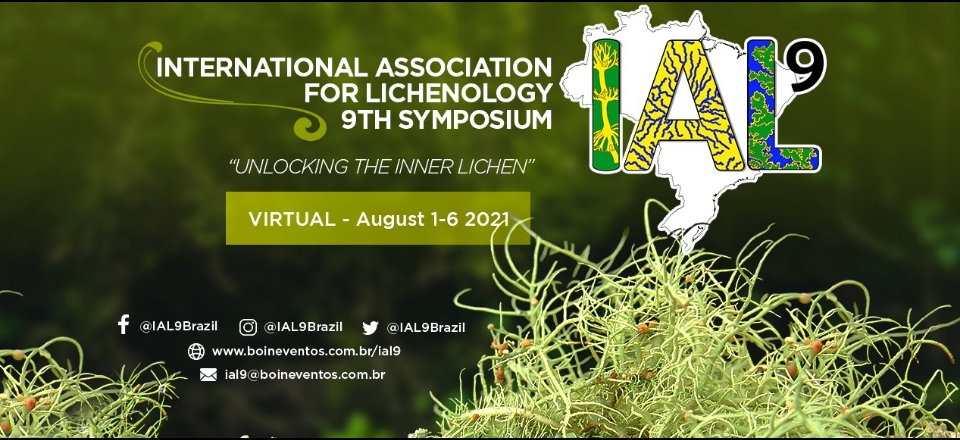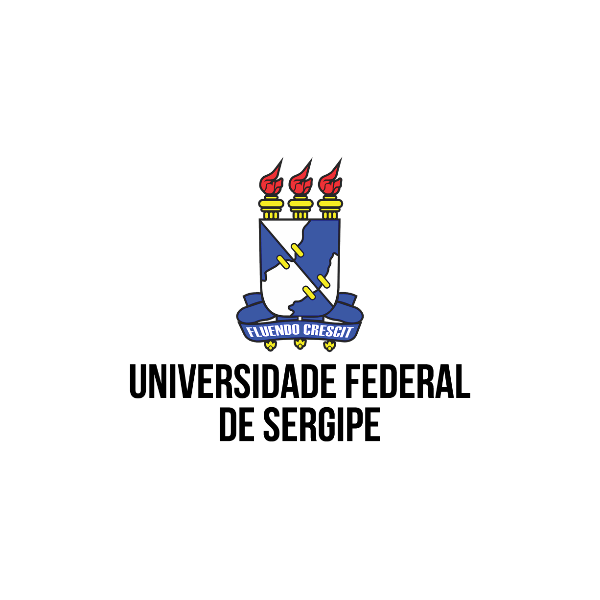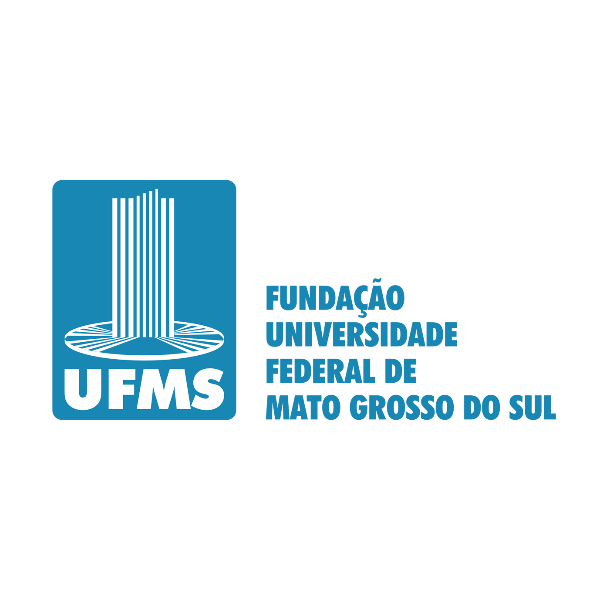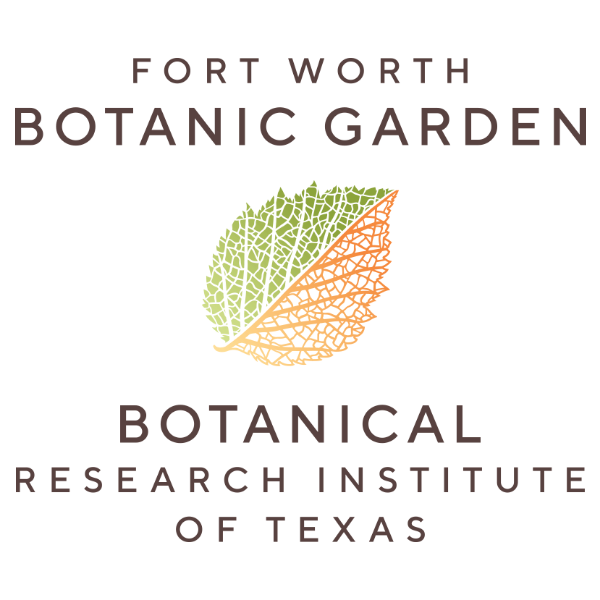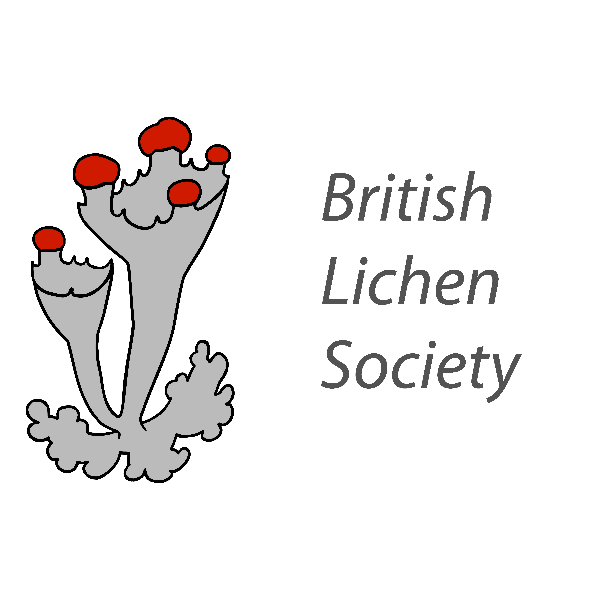Speakers
Meet our speakers
ANDRÉ APTROOT - 1 August (Sunday) | 16:15 – 17:00
Universidade Federal de Mato Grosso do Sul
André Aptroot collected his first lichens aged 11, and the year after he collected his 100th lichen. He made his masters and PhD on lichen taxonomy of tropical lichens, and travelled widely in the tropics (and elsewhere) to collect lichens and see their habitats and variability in the field. He kept doing field work and fundamental research also later in his career, and published over 1000 papers, not only on lichens but also on fungi, bryophytes and phanerogams. Among his most-used works are the British Lichen Flora, the Trypetheliaceae monograph, and world keys to Graphis and Pyrenula, but also some publications that allow the identification of fungal spores in palynological samples, and pioneer work showing that lichens respond to global warming. He worked e.g. at Utrecht University, the Dutch Academy of Sciences, the NGO Natuurmonumenten, and is currently visiting professor at UFMS University in Campo Grande, Brazil. His present focus is the lichen flora of Brazil, for which he made collecting trips with Brazilian colleagues in 20 different states, and about which he made over 100 publications, reporting and newly describing almost 1000 species.
CÉCILE GUEIDAN - 4 August (Wednesday) | 10:00 – 10:50
Australian National Herbarium, CSIRO
Dr. Cécile Guidan (Australian National Herbarium, CSIRO) has been a research scientist at the Australian National Herbarium in Canberra, Australia since 2014. Cécile has a diploma in Systematics from the National Museum of Natural History in Paris, France and a Ph.D. in Systematics and Evolution from Duke University in the U.S.A. Her doctoral research (2002-2007) was funded through the Assembling the Tree of Life (AFToL) project and focussed on the systematics of the lichen family Verrucariaceae and the evolution of the fungal subclass Chaetothyriomycetidae. During her Ph.D., she successfully reconstructed the first multigene phylogeny for the Verrucariaceae and, together with other experts in the taxonomy of this family, revised generic concepts within this group of lichens. Cécile also employed ancestral character reconstruction to infer the origin of lichenisation within the Ascomycetes, and more specifically the subclass Chaetothyriomycetidae. As a postdoctoral researcher (2008-2010), Cécile undertook research at the Westerdijk Fungal Biodiversity Institute in Utrecht, the Netherlands on the ecology and evolution of clinical fungi. She was involved in several large molecular phylogenetic projects focussing on the genera Fusarium and Acremonium and continued her work on the evolution of black yeast-like fungi. Following her post-doc, Cécile was employed as a research scientist by the Natural History Museum in London, UK (2010-2014), where she furthered her research into the molecular systematics of lichens, particularly focussing on the Verrucariaceae. During this time, Cécile also participated in collecting trips to various destinations, including Vietnam. These collections contributed to productive collaborations which resulted in, among others, the first comprehensive phylogenies for the tropical lichen family Pyrenulaceae. In addition, Cécile used molecular phylogenetics to infer the origins of the two main groups of rock-inhabiting fungi, in one of the few early studies that used fossil calibrations to estimate divergence times in ascomycete fungi. From London, Cécile then moved to Australia to be a researcher at the Australian National Herbarium (2014-present) where her work focuses on the molecular taxonomy of Australian lichens and the application of new Next Generation Sequencing-based approaches to unlock the genetic potential of cryptogam collections. She also leads a research project on molecular interactions within the lichen symbiosis.
ESTER GAYA - 3 August (Tuesday) | 10:00 – 10:50
Royal Botanic Gardens Kew, UK
Dr. Ester Gaya (Royal Botanic Gardens Kew, UK) developed her passion for fungi, and lichens in particular, during her degree in Biology and PhD in Botany at the University of Barcelona (Spain). During her doctoral research she produced a monographic work on the Caloplaca saxicola group – now Calogaya (Teloschistaceae) and initiated taxonomic and molecular systematics research on the whole family Teloschistaceae; work that she expanded during her postdoctoral research when she moved to Duke University (USA) with a Fulbright Scholarship after receiving her PhD in 2006. There she produced some of the most comprehensive phylogenies of the family and got directly involved in the NSF-funded project ‘A multilocus phylogenetic study of the Teloschistales (Ascomycota) and the evolution of symbiotic systems’ that brought her to collect Teloschistaceae extensively, especially in the American continent, and to establish a network of long-lasting collaborators passionate about the orange lichens. During her postdoc, Ester also furthered her focus on methods testing in phylogenetics and evolution, including trait reconstruction and diversification processes exploration, amongst others. Interest that she has carried to date. From Duke, Ester then moved to RBG Kew, to be first a Research Leader and later on a Senior Research Leader in Mycology (2013-present). At Kew, Ester has furthered her interests to other groups of fungi in addition to lichens, but continues trying to answer questions on biodiversity, systematics and evolution. She is currently leading the fungal component of the PAFTOL project (Plant and Fungal Trees of Life) where she is specially focusing on the Ascomycota lineage and the evolution of lifestyles and exploring the use of historical collections to fill in the gaps of the fungal tree of life. She is also leading on the fungal part of the Darwin Tree of Life (DToL), part of the Earth Biogenome project (EBP), which aims at genome sequencing all eukaryotic diversity in the UK. She hasn’t abandoned her work on the Teloschistales and she has now moved to genomics and metabolomics to further the knowledge of this fascinating group of lichens.
LUCIA MUGGIA - 6 August (Friday) | 10:00 – 10:50
University of Trieste
Lucia Muggia graduated in biology at the University of Trieste (Italy; 2004) and received her Ph.D. in molecular biology at the Karl-Franzens University Graz (2008). She has been postdoctoral fellow at the Graz University till 2012, after that she got a researcher and teaching position in General Botany at the University of Trieste. In 2021 she became Associate Professor in General Botany at the University of Trieste. In the past 15 years she developed her interests in lichenology and mycology analysing different aspects of lichen symbioses and of not-lichenized microalgae and microfungi related to lichens. She implemented diverse experimental approaches which make use of light, confocal, scanning and transition electron microscopy, culture isolation, analyses of cell morphology and ultrastructure to uncover symbiotic interactions between algae and fungi, understand their evolution, and shed light on the organismal diversity within lichen thalli. In particular, she contributed to considering lichens under an innovative point of view, i.e. such as ‘micro-niches’ in which multiple microfungi and microalgae co-inhabit and potentially interact with and contribute to the mutual growth and survival of the two principal partners of the lichen symbiosis (the mycobiont and the photobiont).
PETER NELSEN - 5 August (Thursday)| 10:00 – 10:50
Schoodic Institute at Acadia National Park
Peter R. Nelson, PhD is the Forest Ecology program director at the Schoodic Institute at Acadia National Park where does research with a wide range of analytical tools to understand forests across many spatiotemporal scales using field data, GIS and remote sensing, with a focus on National Parks. Over the years, Peter has worked with lichens in a wide range of topics including taxonomy, floristics, ecology, evolution and increasingly remote sensing and reflectance spectroscopy. Before coming to the Schoodic Institute, he was an Associate Professor in the Biological Sciences and Environmental Studies Programs at the University of Maine-Fort Kent. He is still an Associate Faculty at the School of Forest Resources at the University of Maine where he still advises students.
ROBERT LÜCKING - 2 August (Monday) | 10:00 – 10:50
Botanischer Garten und Botanisches Museum of the Freie Universität Berlin
Robert Lücking obtained his PhD in Natural Sciences from the University of Ulm, Germany, on the ecology of leaf-dwelling (foliicolous lichens). Since then, he got hooked on tropical lichens, expanding his interests to the taxonomy and systematics of Graphidaceae, Trypetheliaceae, and other microlichens, but also macrolichens in the Peltigeraceae and basidiolichens. Besides taxonomy, Robert focuses on the ecology, biogeography, and uses of tropical lichens, for instance in monitoring environmental health. His pet projects include species richness predictions and sequence-based nomenclature. Robert worked 14 years as Collections Manager and Adjunct Curator for lichen-forming and other fungi at The Field Museum, Chicago, and since 2015 is Curator for lichen-forming and other fungi and bryophytes at the Botanischer Garten und Botanisches Museum of the Freie Universität Berlin.
Report sent successfully!
Report this event
Please describe below the reason for your complaint.
